When you’re learning a new language, what helps you the most? Sure, checking out grammar books to correct your language is necessary and works wonders. But when it comes to application, everyday use and discussions, reading up the wider literature available is quite vital. Books, whether they are novels, autobiographies, poems, histories or biographies, teach you not just the technicalities of a language but can provide you with a glimpse of the true scope of the language. After all, these are the media through which creative minds find ultimate expression.
When it comes to Hindi as a language, most of us might be conversant with it well enough to use it for everyday purposes. But if you want a better understanding of this language, or want to understand its nuances in depth, then there’s no better way than to pick up a book. Hindi literature has been the mainstay of India’s rich literary culture for well over a century, and so, you’d be quite spoilt for choice too!
The most celebrated works of Hindi literature are also deeply relevant, socially and culturally. This is especially true when it comes to feminism, women’s rights and empowerment. There are many writers and poets you could turn to, and each of them can be inspiring and empowering in their own way because they are adept at putting your situation in context with the lives of women, fictional or real. A sense of community, shared experiences and shared hopes for a better future, all these sensations arise quite naturally while reading the works of these authors.
Wondering where to start this journey? You could pick up the books written by any of the feminist writers and poets mentioned below.
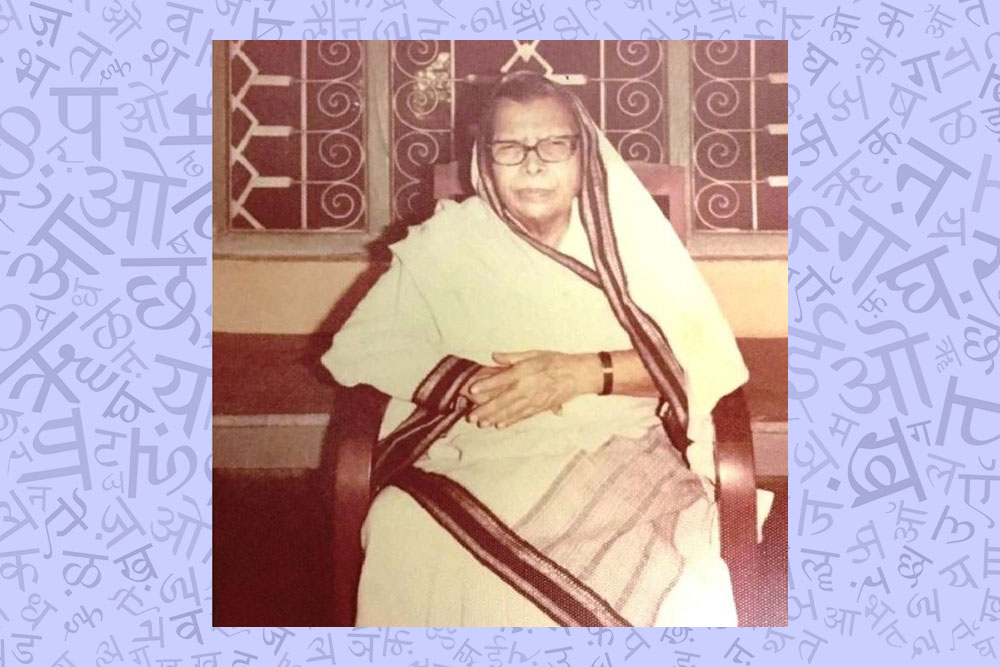
Mahadevi Verma
The immense contributions of Mahadevi Verma in Hindi literature have ensured that every child who learns the language is familiar with at least her name. Apart from being a freedom fighter and an educator who was awarded the Padma Bhushan and Padma Vibhushan awards, Verma is also renowned as the only woman poet of the Chhayavad movement, which began the era of Romanticism in Hindi literature. If you want to delve into this movement, then you could try any of her famous poems, like Nihaar and Sandhya Geet. If you’re more into prose then try Atit Ke Chalchitra, a collection of short stories where Verma shares the lives of real life women she interacted with. Other works you should look at include Shrinkhala Ki Kadiyan and Hindu Stri Ka Patnitva (an essay).
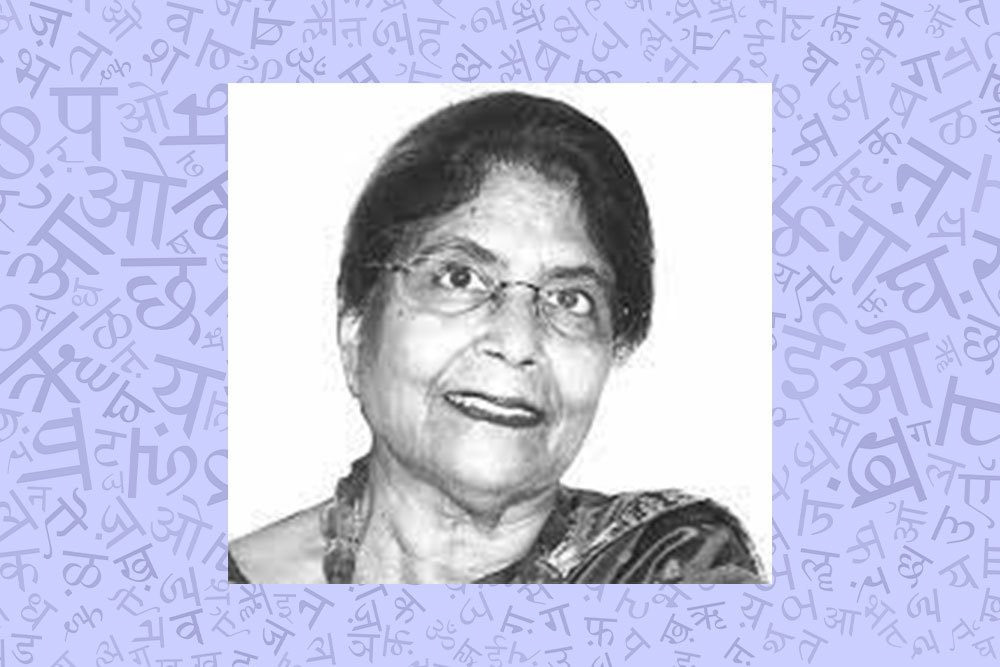
Usha Priyamvada
One of the most popular contemporary Hindi writers, Usha Priyamvada was awarded the Padma Bhushan for her literary contributions. Having lived and worked in the US and India, Priyamvada’s works capture the travails of middle-class life and the life of the modern woman. Themes like anxiety, boredom, depression and loneliness are covered extensively in her works, especially when it comes to talking about women who are living alone, travelling abroad or working. The aspects of a woman’s everyday life, from regular sacrifices and ambitions or desires to managing to strike a balance between old and new traditions, are covered. Some of Priyamvada’s most notable works you must read include Pachpan Khambe Laal Deewaarein, Zindagi Aur Gulaab Ke Phool and Ek Koi Doosra.
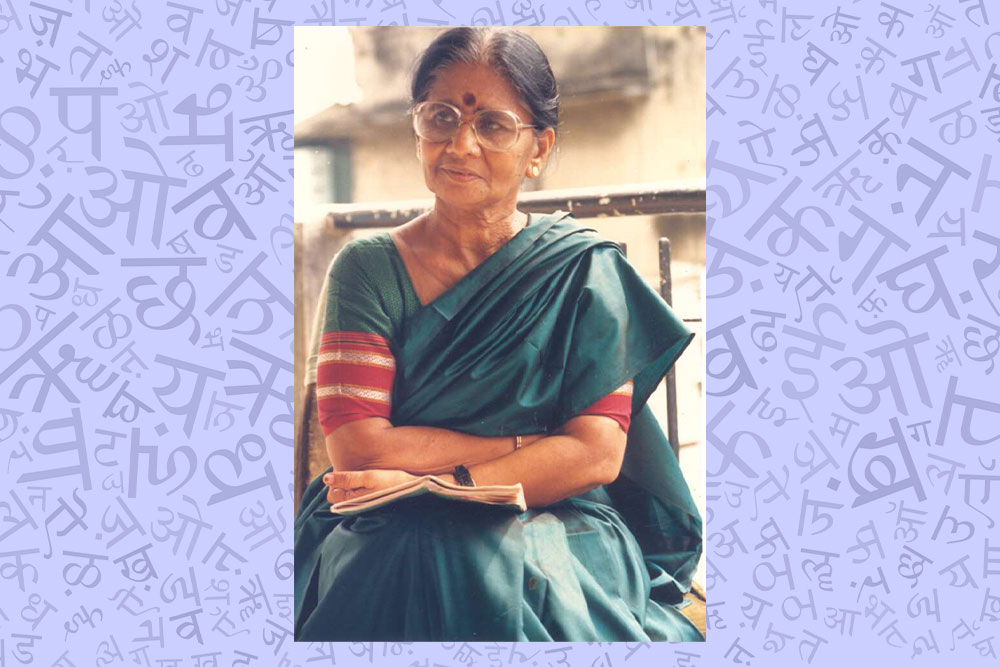
Mannu Bhandari
If relatable stories about women going through life, and facing up to the social, cultural and economic challenges it throws up, capture your imagination and sympathy as a reader the most, then pick up any book by Mannu Bhandari. This contemporary Hindi author’s works manage to encapsulate all sorts of dimensions of a woman’s life. For example, in her short story, Ek Kamjor Ladki Ki Kahani, Bhandari narrates the story of a girl who, despite having thoughts and intentions of overcoming the bounds of parental pressure and sociocultural restrictions, is unable to take concrete actions. In Trishanku, the social, cultural and moral bounds that cripple the personalities and aspirations of women are explored through the lead character, Tanu. Other works by Bhandari which you should check out are Yahi Sach Hai and Aapka Bunti.
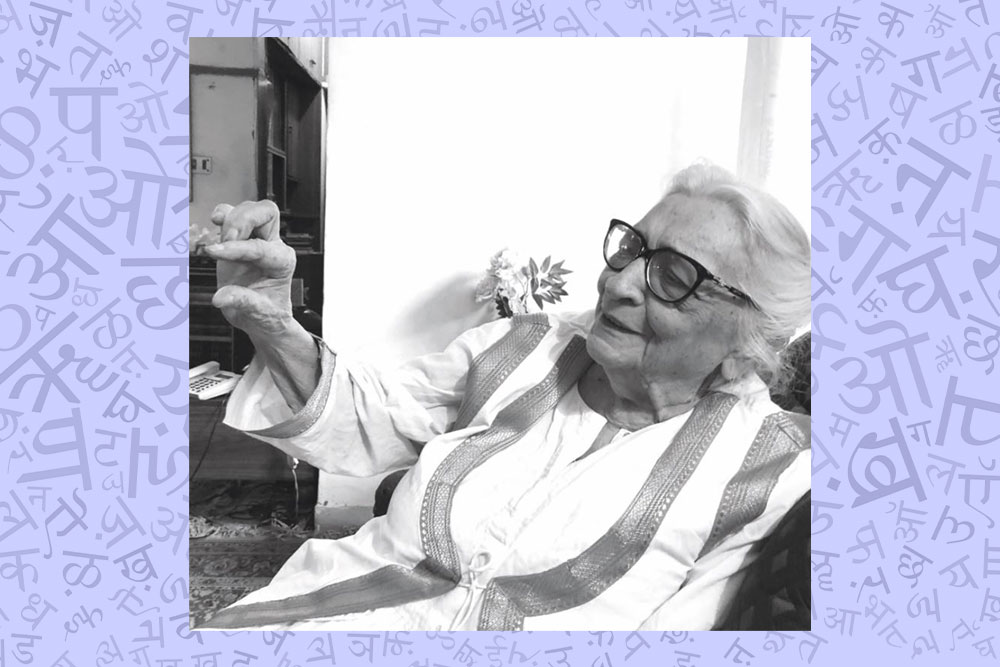
Krishna Sobti
If you’re interested in exploring themes like gender dysphoria and women’s sexuality, then there’s perhaps no better writer in Hindi literature you could choose to read. Highly regarded as a path-breaking novelist, Krishna Sobti has written extensively on women’s issues ranging from sexuality to childhood rape. In Mitro Marjani, she explores the sexuality of a married woman whose husband is unable to satisfy her. In Surajmukhi Andhere Ke, she traces the complexities and intensities of the lifelong trauma endured by a woman who was brutally raped during her childhood. Sobti’s book, Zindaginama, won her the Sahitya Akademi Award in 1990, and her contributions were recognised with the Jnanpith Award in 2017.
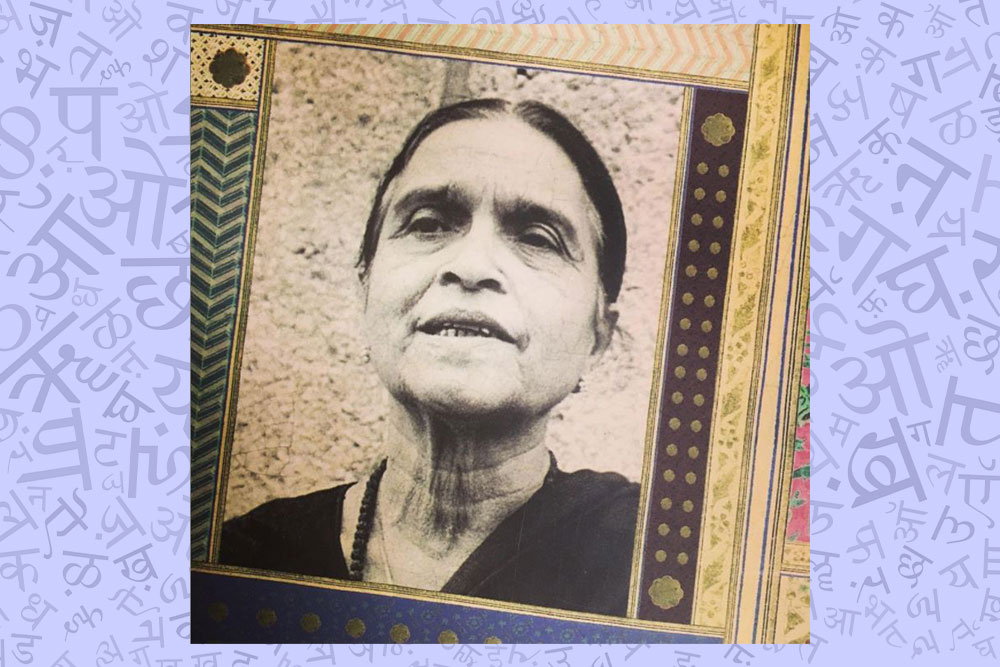
Gaura Pant
The fact that Gaura Pant aka Shivani was a mistress of storytelling is undoubted, and this is especially true when it comes to women-centric fiction which aims to smash patriarchy. Awarded the Padma Shri in 1982, Pant’s works constantly explore the ultimate paradox Indian women face: on the one hand, we are worshipped as goddesses, on the other, we aren’t even allowed control over our own bodies, choices and decisions. This oppression and the need to overcome it are aptly explored in works like Chaudah Phere, where a woman protests against a father who decides who her husband will be without her consent, and Rativilap, where a widow navigates her life in a misogynistic society. Other works by this author which are equally touching and invigorating are Krishnakali, Atithi and Vishkanya.
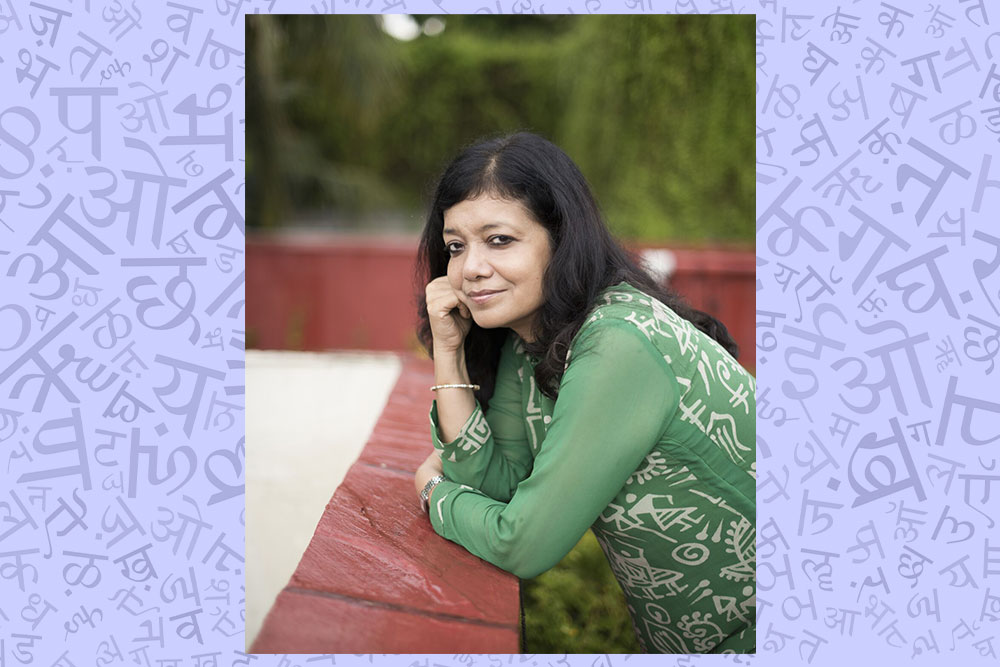
Alka Saraogi
Belonging to the Marwari diaspora, Alka Saraogi’s works deal with identity, displacement, patriarchy, social justice and cultural divides. Most of the works of this contemporary Hindi author are informed by her own experiences of a Marwari woman brought up in Kolkata. In her first novel (also a work of historical fiction), Kalikatha: Via Bypass, Saraogi explores the life of a Marwari man who is unable to help his widowed sister-in-law despite wanting to overcome parochial life and its social restrictions in a patriarchal setup. In Shesh Kadambari, she uses the lead character, Ruby’s life to showcase not just the cultural and intellectual divides women face, but also the fact that social work undertaken for the wellbeing of others doesn’t always give a woman social justice for herself. Other stories by Saraogi you might want to pick up are Doosri Kahani and Ek Break Ke Baad.